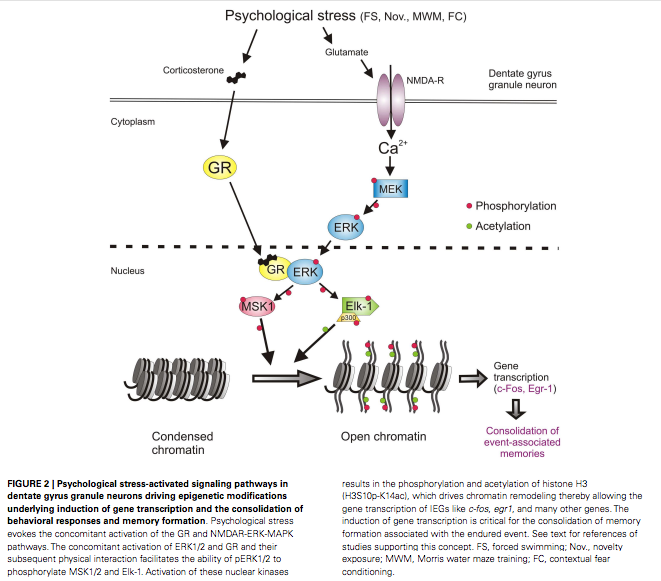It is undeniable that anxiety is a condition that many individuals suffer from. For those who live with anxiety, life can seem too overwhelming. The constant worrying and stress can be too much to bear.
Changes in the brain
It is understood that people with anxiety have lower levels of the inhibitory neurotransmitter, GABA in their brains. This neurotransmitter is necessary to “calm” certain parts of the brain, so a deficiency can lead to over-excitation. For those with anxiety, this is experienced as racing thoughts, panic, and difficulty sleeping or relaxing.
Anxiety is a disorder that deals with an imbalance of excitation and inhibition in the brain. In the case of anxiety, there is too much excitation. This can cause fear and stress because individuals that are more anxious make stronger memories of traumatic events than less anxious individuals. People with anxiety are also more likely to develop post-traumatic stress disorder after a traumatic event, because of the deficiency of GABA.
The dentate gyrus is one specific region of the brain that is part of the hippocampus, and functions in the formation of new memories. The dentate gyrus contains receptors for glucocorticoids (stress hormones) and for the excitatory neurotransmitter, glutamate.
The role of stress
When the body experiences a stressful event, glucocorticoid stress hormones are released by the endocrine system, and glutamate is released in the brain. Both of these chemicals bind to their receptors located on the dentate gyrus, and result in memory formation. The formation of memories involves modifications to many proteins, as shown in the figure below.

Once these proteins are properly modified, they modify chromatin (loose DNA) that is located in the nucleus, and this makes it possible for memory consolidation to occur. This is how we form strong memories of traumatic events in our lives.
For people with anxiety, this memory formation is able to happen much easier when they are exposed to stress. In this pathway, GABA is able to block the modifications to the chromatin, and therefore can decrease memory formation. Since they have lower levels of GABA, they can’t block the changes made to chromatin, and therefore, memories are formed much easier in response to stress.
Anxiety in real life
Anxiety can be debilitating when it is so severe that it impedes on ones ability to get through the day and practice a healthy lifestyle. On the other hand, there are healthy levels of anxiety that can be positive. Examples of this would be feeling stress before a test or nervous before a game, because this anxiety causes you to care and motivates you to perform well.
Anxiety only becomes a problem when it is so extreme that it impedes on ones ability to live healthfully. At this point, therapy or other interventions may be needed to manage the stress and worrying. Thought there are prescriptive drugs and therapy options that are effective in treating anxiety, one way that is cheap and effective is exercise.
Long- term exercise was found to increase levels of GABA in the brain of rats. This increase of GABA has an overall calming effect on the brain and can decrease memory formation resulting from psychological stress. This is a great treatment to start with. It is free, and it has many positive effects on the body such as increasing mood and overall physical health. The benefits of exercise are endless, and it might be the most natural method of reducing anxiety.
For more information on making memories of stressful events, please visit
https://moodle.cord.edu/pluginfile.php/625282/mod_resource/content/0/anxiety%20making%20memories%20from%20stressful%20events.pdf
Daily Stress and Traumatic Incidents Exacerbated by Anxiety
